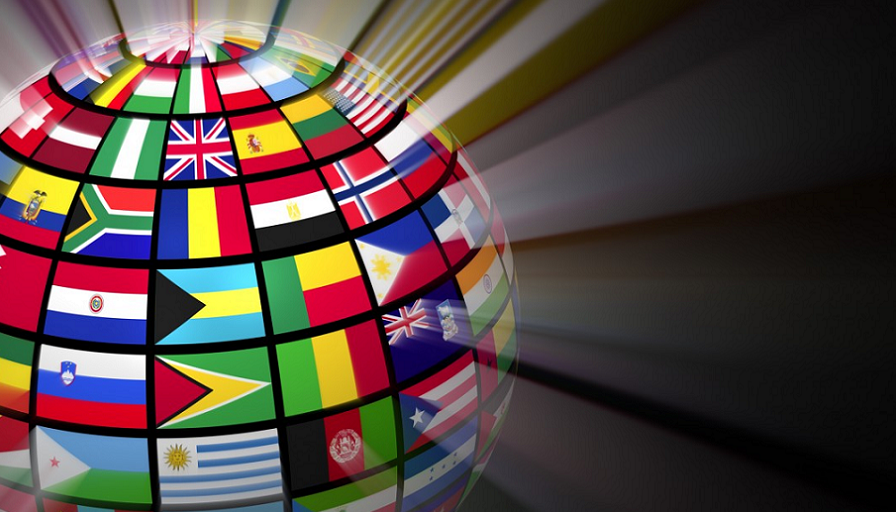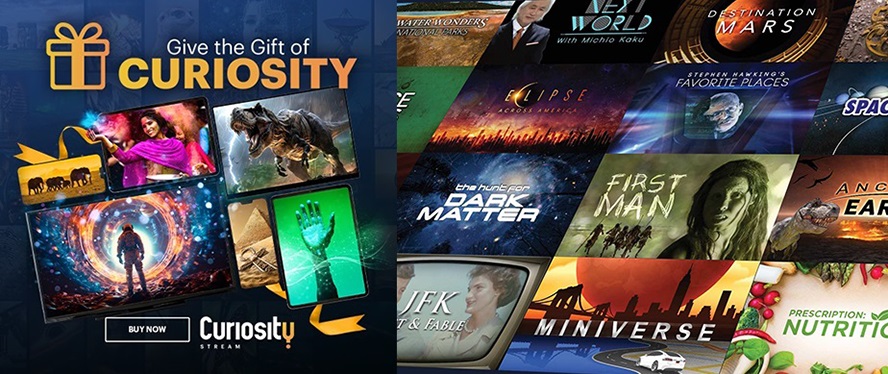
Languages are more than just a means of communication; they carry the essence of our cultural identity. Through words, phrases, and expressions passed down through generations, we connect with our ancestors and learn about the world from their perspective. Exploring the language we inherit offers a window into how we understand our past, interpret our present, and envision our future.
Contents
- The Power of Words in Shaping Identity
- Language as a Link to the Past
- Language and Cultural Change
- The Emotional Connection to Language
- Language as a Bridge Across Generations
- The Future of Language: Navigating a Globalized World
- The Individual’s Role in Language Evolution
- Embracing Our Linguistic Heritage
The Power of Words in Shaping Identity
Words hold immense power. They not only communicate thoughts and ideas but also encapsulate the beliefs, traditions, and values of a culture. For example, consider the different words for love in Greek: “eros” for romantic love, “philia” for friendship, and “agape” for unconditional love. These nuances reflect how the speakers perceive and value different relationships. In the same way, words related to nature, kinship, or spirituality can reveal what a culture holds dear.
Language as a Link to the Past
Inherited language serves as a link to our ancestry and roots. When we use words passed down through generations, we honor the legacy and wisdom of those who came before us. This connection to the past can offer a sense of belonging and identity. For example, many African American communities in the United States have preserved elements of their African linguistic heritage despite the oppressive history of slavery. These linguistic traditions remind them of their resilient spirit and rich cultural heritage.
Genealogy: Tracing Our Linguistic Heritage
Genealogy, the study of family ancestry, plays a crucial role in understanding our linguistic heritage. By tracing our family trees, we uncover the diverse languages and dialects our ancestors spoke. This exploration can lead to fascinating discoveries about how migration, colonization, and trade influenced the words and expressions we use today. By learning about our genealogy, we may find connections to languages we never considered part of our identity, enriching our understanding of who we are.
Language and Cultural Change
Languages evolve over time as societies change. Can you imagine Shakespeare’s time with today’s slang? Just as cultures adapt to new influences, so do their languages. When people from different regions or countries interact, their languages often blend, creating new expressions and even dialects. This is evident in English, which has borrowed extensively from Latin, French, Norse, and many other languages, continually evolving into the dynamic language we use today.
The Role of Language in Preserving Culture
Languages serve as vessels of culture, carrying stories, folklore, and customs unique to each community. When a language diminishes or becomes extinct, it can mean the loss of rich cultural knowledge. For example, indigenous languages across the world face threats of extinction. Efforts to revitalize these languages are not just about preserving words but also about safeguarding the cultural identity tied to those words. Many communities are actively working to teach younger generations their ancestral languages to ensure these vibrant cultures thrive.
The Emotional Connection to Language
Language doesn’t just shape thoughts; it evokes emotions. A familiar childhood lullaby, a phrase from a grandparent, or a piece of cultural wisdom can have deep emotional resonance. The words we inherit come with sentimental value, connecting us intimately to our memories and experiences. This emotional connection reinforces our identity and assures us of our place in a broader cultural narrative.
Language as a Bridge Across Generations
The words we inherit are also crucial in linking us to the generations that came before and those that follow. Grandparents teaching children ancestral songs or stories pass down more than language; they pass down history, tradition, and values that define their cultural identity. This helps younger generations appreciate their heritage, shaping their own identity with a richer understanding of their roots.
As we look toward the future, the role of language in our lives continues to evolve amid rapid globalization and technological advancement. The internet has facilitated unprecedented access to resources, enabling people to learn and share languages more swiftly than ever before. This connectivity fosters linguistic diversity, allowing lesser-spoken languages to gain visibility and appreciation on a global stage.
Technology and Language Learning
One of the profound impacts of technology on language is the ability to learn new languages with greater ease. Online platforms and apps make language acquisition accessible to millions, breaking down geographical barriers to linguistic education. This has led to a surge in language enthusiasts seeking to broaden their linguistic proficiency, contributing to a more interconnected and culturally aware global community.
Challenges and Opportunities in Language Preservation
Despite the opportunities presented by technology, challenges remain in preserving languages at risk of extinction. Digital media can be a double-edged sword, promoting dominant languages over less widespread ones. However, technology also presents unique opportunities for documentation and revitalization efforts. Digital archives and language learning apps specifically designed for endangered languages can help preserve and promote them, ensuring that they remain living and evolving components of cultural identity.
The Individual’s Role in Language Evolution
As individuals, we are active participants in the ongoing narrative of language evolution. The words we choose, the languages we adopt, and the cultural expressions we cherish all contribute to the dynamic tapestry of human communication. By being mindful of our linguistic choices and celebrating cultural diversity, we can ensure that our inherited languages thrive and adapt to the modern world.
Encouraging Linguistic Curiosity
Cultivating a sense of linguistic curiosity can open doors to new worlds and perspectives. Whether through formal education or informal exchanges, embracing the opportunity to learn about different languages and cultures broadens our understanding of humanity. This curiosity not only enriches personal growth but also fosters global citizenship, empowering us to engage meaningfully with others regardless of linguistic barriers.
Embracing Our Linguistic Heritage
In a world that’s increasingly interconnected yet culturally diverse, understanding the language we inherit offers profound insights into our individual and collective identities. Embracing this aspect of our heritage allows us to celebrate the richness of our past while fostering a deeper appreciation for linguistic diversity. Whether through genealogy, cultural preservation efforts, or simple daily conversations, recognizing the significance of our inherited language enriches our lives and strengthens our cultural bonds.

